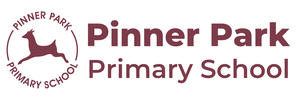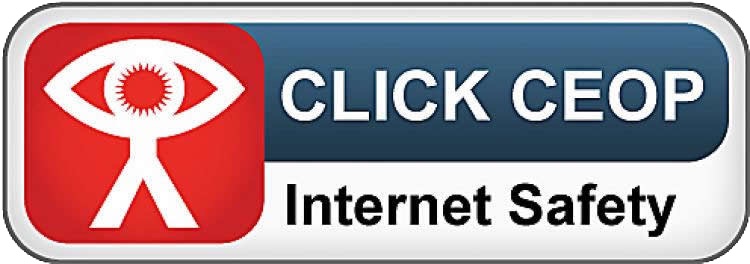|
Click the button to see a special edition of the 'Pinner Park Post' which explains all the curriculum information on our website and how to find it (including a video walk-through).
|
At Pinner Park Primary School, we aim to have a high quality curriculum, which matches the needs of our pupils, and inspires all children; optimising their social, emotional, creative and academic outcomes. We believe that our children deserve the very best education and experiences. Alongside this, we also work hard to ensure that our children develop positive relationships and have a strong understanding of the world around them.
At Pinner Park we have designed that is ambitious and gives all pupils the knowledge and cultural capital they need to succeed in life. As a maintained school, we follow the national curriculum.
If you need further information, or have any questions, please contact us.
The school’s curriculum is carefully planned and sequenced in order that children's knowledge and skills build throughout their time at the school and prepare them for future learning.
Further information on each area of the school's curriculum can be accessed by clicking the links below.
At Pinner Park we have designed that is ambitious and gives all pupils the knowledge and cultural capital they need to succeed in life. As a maintained school, we follow the national curriculum.
If you need further information, or have any questions, please contact us.
The school’s curriculum is carefully planned and sequenced in order that children's knowledge and skills build throughout their time at the school and prepare them for future learning.
Further information on each area of the school's curriculum can be accessed by clicking the links below.



